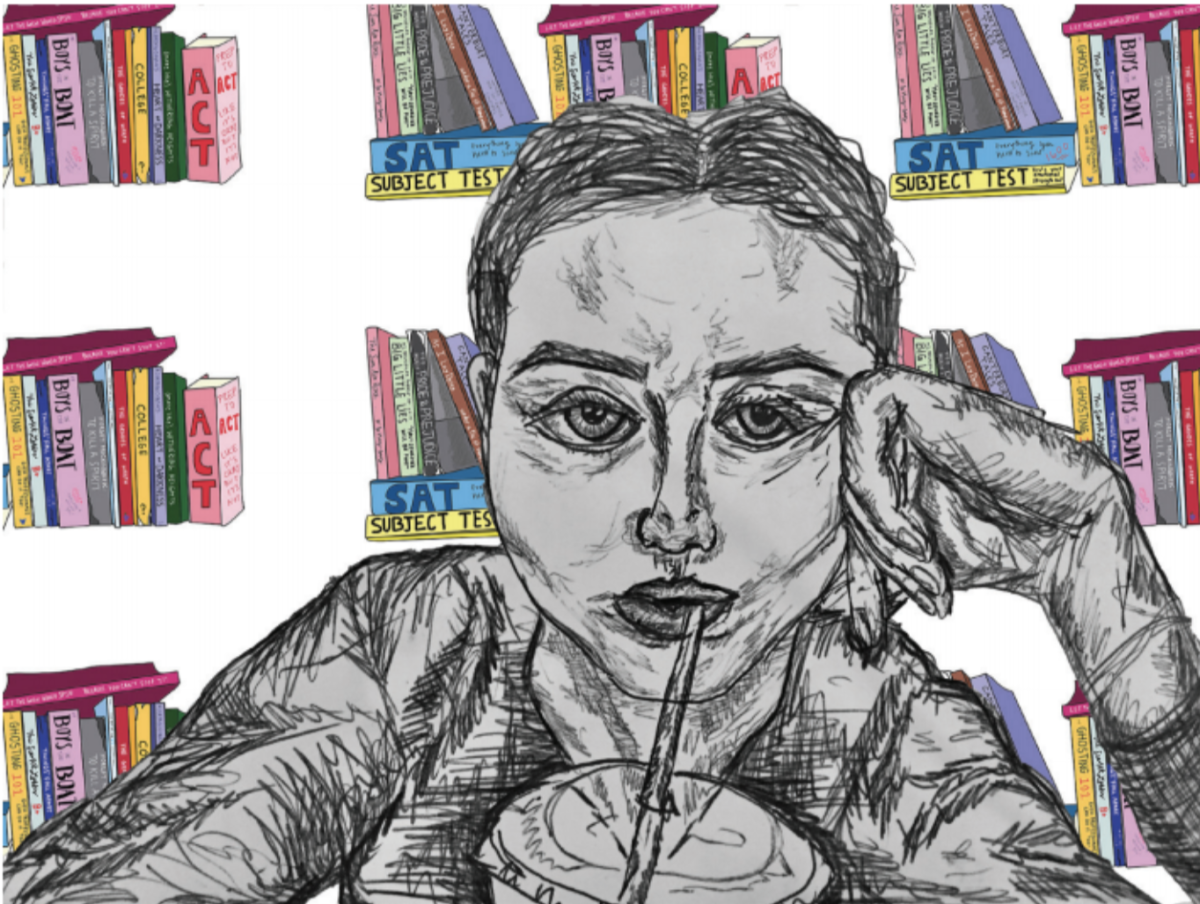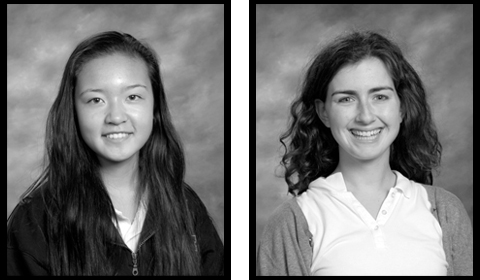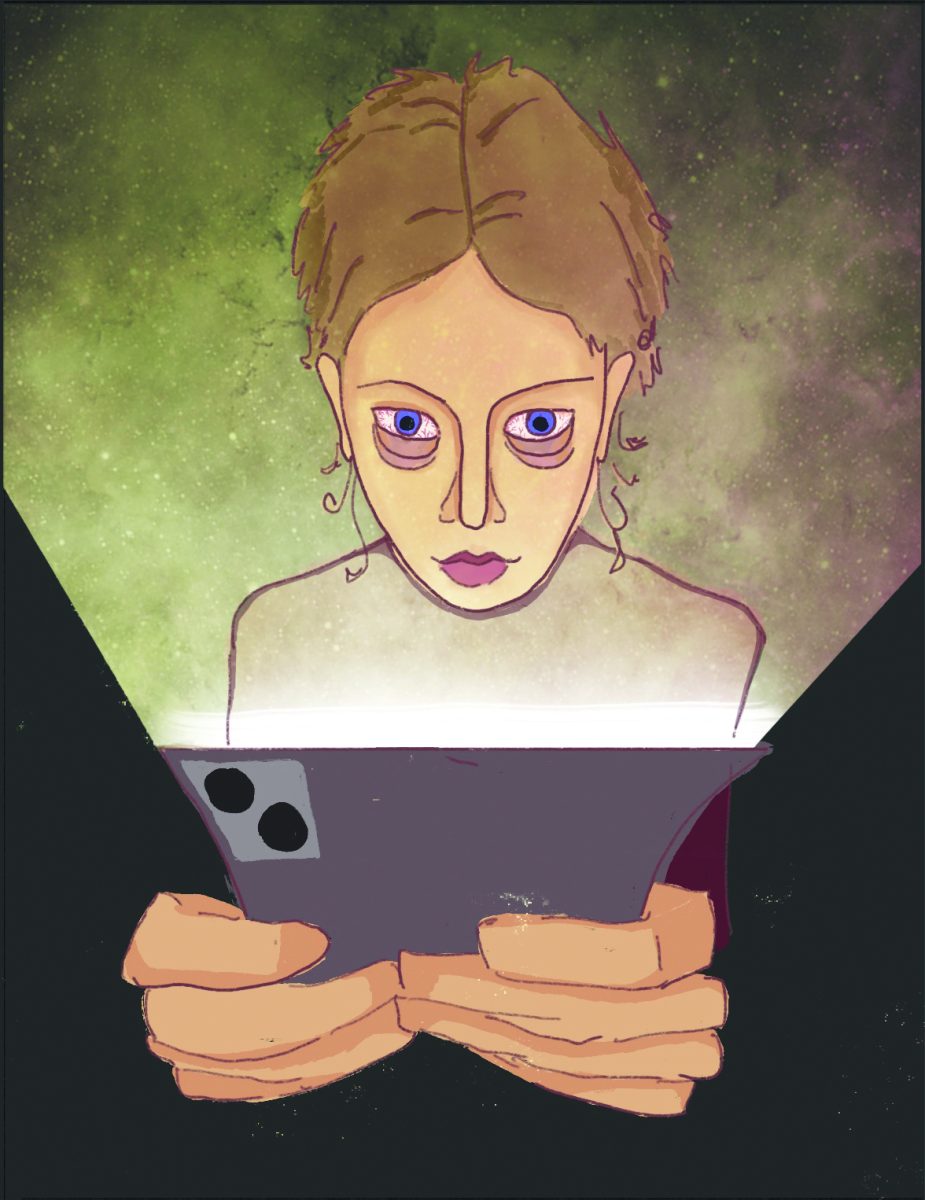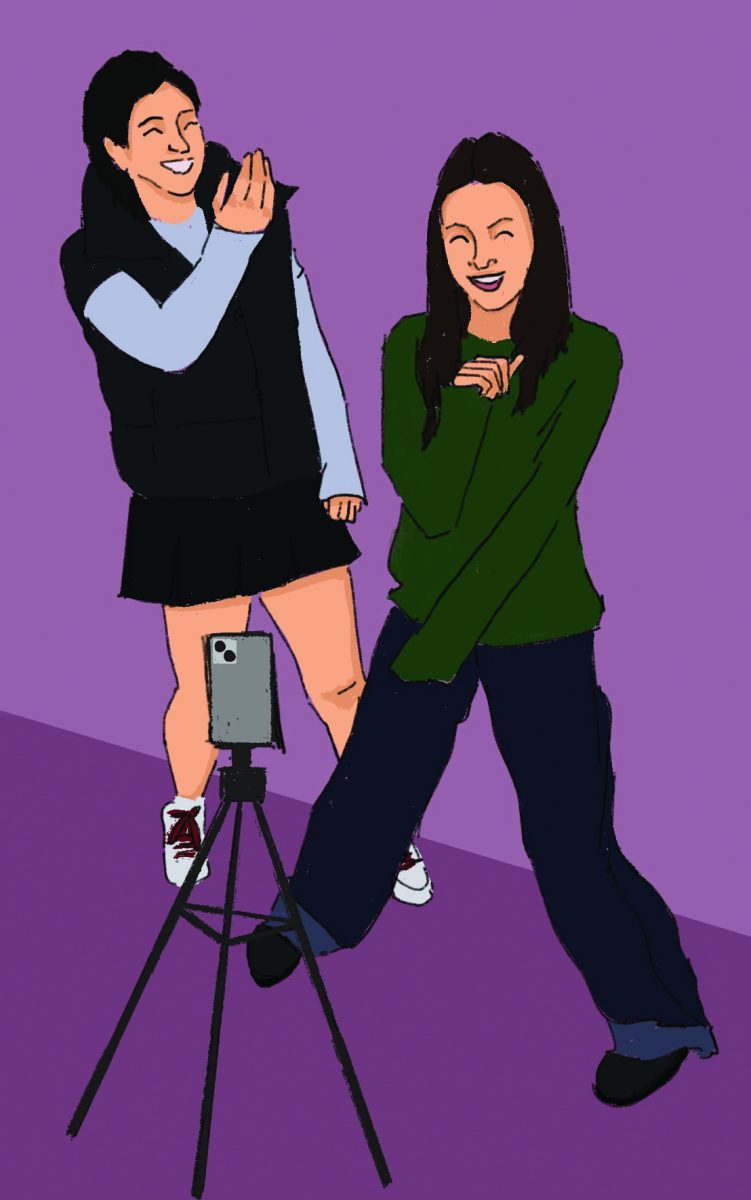By Ariela ’13
On reality TV, people are famous not for their values, their characters or their decisions but rather for the most scandalous aspects of their lives. Reality TV picks up on the most extreme situation it can find and then uses this skewed version of life to spin its subjects into one-dimensional versions of themselves.
Here’s an example. Close your eyes. What is the first adjective you come up with when you think of Simon Cowell? No, “British” does not count. Let me guess—you came up with “mean” or “harsh” or “rude.”
Close your eyes again. Can you honestly think of another adjective that describes his personality? Or name one of his non-musical hobbies or passions?
The reason why you can’t come up with a second adjective? The Simon Cowell I so devotedly watched on television through my Middle School years isn’t real. Neither are the (ironically named) Real Housewives, the girls on Dance Moms, or Snooki. Insert your favorite Z-lister here.
Through reality television, we are fed the same cookie-cutter characters— such as the “bad guy” and the “ditz”—that we see in scripted TV, but we’re told that this is “real.” The true, multifaceted personalities of the people depicted are packaged up and edited into stereotypes. We are presented with the same dichotomy of hero and villain, but this time, these characters aren’t creations from the mind of a writer; they’re bastardized versions of the best or worst characteristics of a living subject.
We watch reality TV because these skewed characters feed into our narcissism. We compare ourselves to the caricatures, so we can feel better about ourselves and our decisions. We watch the heavily-edited pageant moms, the Housewives, the pregnant teenagers, and subconsciously praise ourselves because we think we are better than they are. We unfairly judge other people even though, as the vilified Michelle Money from Season 15 of The Bachelor confessed, we really only see “one very small side of [them] being the only side portrayed.” This distortion is not fair to the viewer or to the subject; it’s a vicious and unfair way to gain a sense of self-esteem.
We all have our guilty pleasures, myself included. But as you sit down for a Bravo marathon, remember that reality TV’s biggest problem is in the name itself. Until we stop calling reality TV “real,” our society will further regress into a harmful culture based on glorified scandal and judgment.









